
9 Tips To Optimize Crawl Budget For SEO
Cotgin Analytics
25-Jul-2024
Optimizing the crawl budget is very important for SEO companies and digital marketing companies going to enhance their websites' search engine performance. Crawl budget gives to the number of areas a search engine crawls and indices within a given time. To optimize this, start with understanding the site's structure. A clear, hierarchical structure ensures that important pages are easily accessible and can be crawled more efficiently. Prioritize high-value content by regularly updating and promoting these pages, as search engines allocate more budget to frequently updated and popular content. Additionally, manage crawl frequency by setting appropriate parameters in the robots.txt file, disallowing search engine bots from accessing low-value or duplicate content such as filtered product pages or session IDs. Using internal linking effectively helps distribute the crawl budget throughout the site, ensuring that even deeper pages are indexed.
Understanding Crawl Budget
The number of units a search engine checks and indexes from a website in a specified amount of time frame is referred to as the crawl budget. Crawl budget is decided by two key factors:
- Crawl Rate Limit: The number of simultaneous parallel connections a crawler can use to crawl the site without overwhelming the server.
- Crawl Demand: Popular and regularly updated pages receive greater crawl traffic, which is based on how well-liked and recently updated the material is.
Key Strategies to Optimize Crawl Budget
Optimize Site Structure
A well-organized site structure helps search engines understand the hierarchy and relationship between pages. Implement the following practices:
- Use a Clear Hierarchical Structure: Arrange pages in a logical structure with a clear hierarchy. Ensure important pages are easily accessible within a few clicks from the homepage. A flat site structure, where essential content is within three clicks from the homepage, is ideal.
- Internal Linking: Use internal links to connect relevant pages. This helps distribute the crawl budget throughout the site, ensuring even deeper pages get indexed. Prioritize linking to high-value pages to enhance their visibility.
Manage Crawl Frequency with Robots.txt and Meta Tags
- Robot.txt File: Use this file to prevent crawlers from accessing session IDs, admin pages, and filtered product pages, as well as other low-value or duplicate information. This allocates the crawl budget to pages that are of more importance.
- Meta Robots Tags: To protect the crawl budget for critical content, use "noindex" tags on sites that shouldn't show up in search results. Use these tags on non-essential pages, such as thank-you pages and login pages.
Create and Maintain Sitemaps
Sitemaps gives search engines with a view of your websites structure:
- XML Sitemaps: latest XML sitemaps with the most latest version of the site's content and structure. This makes it easier for search engines to find fresh and updated sites fast.
- HTML Sitemaps: Improve user experience and help spiders find vital pages with HTML sitemaps. HTML sitemaps are especially helpful for big, multi-page websites.
Regularly Audit and Clean Up Your Site
Regular site audits help identify and fix issues that can waste crawl budget:
- Determine and Repair Broken Links: To find and fix down links, use tools such as Ahrefs, SEMrush, or Screaming Frog. Broken links can waste crawl money by sending search engines to dead ends.
- Eliminate Duplicate Content: The crawl budget may be diluted by duplicate content. To maximize link equity and direct search engines to the preferred version of a website, use canonical tags.
Improve Page Speed
Page speed is a critical factor in crawl budget optimization:
- Optimize Images: Resize pictures and use the latest formats like WebP to minimize load times.
- Leverage Browser Caching: Making caching to minimize the need for repeated downloads of the same items.
- Minimize Server Response Times: Use a good hosting tool and optimize server settings to make quick response action times in SEO agency.
Ensure Mobile Optimization
With the usage of mobile searches, mobile scans and optimization is crucial for digital media companies.
- Responsive Design: Ensure that your website is mobile friendly by using an easy to use design that can fit various screen sizes.
- Fast Mobile Load Times: Search engines mobile first indexing gives better positioning to your mobile version of the website, so make sure it loads quickly and effectively on mobile devices.
Use Canonical Tags Effectively
Canonical tags help manage duplicate content and consolidate link equity:
- Handle Duplicate Content Issues: To avoid search engines squandering crawl budget on duplicate content, use canonical tags to identify the preferred version of a page.
Monitor and Analyze Crawl Data
- Recognize Crawl Errors: Keep an eye out for and take care of crawl errors, like server and 404 problems.
- Examine Crawl Patterns: Find out which pages are most frequently crawled and note any trends in the way that crawls behave. Adapt your approach in light of these revelations.
Prioritize High-Value Content
Ensure that high-value content is easily discoverable and frequently updated:
- Regular Content Updates: Frequently update important pages to signal to search engines that they are fresh and relevant.
- Promote High-Value Pages: Use internal linking and external backlinks to direct search engines and users to your most valuable content.
Conclusion
A combination of technological performance improvements, content management, crawler directives, and strategic site architecture are used to optimize the crawl budget. By concentrating on these areas, SEO consultants and digital marketing firms may make sure that search engines effectively index the most useful content, which will increase its visibility and search rankings. The website will remain in top shape with regular audits, updates, and modifications based on crawl data analysis, optimising the crawl budget's effectiveness. You can make sure that your website stays competitive and well-indexed in search engine results by putting these tactics into practice.
Related Blog - Different Types of Featured Snippets
Other Recent Blog

What Is Generative Engine Optimization (GEO)?
Cotgin Analytics |14-Oct-2024

Best Digital Marketing Strategies For Healthcare Industry
Cotgin Analytics |10-Oct-2024

Benefits Of Personalized Marketing For Your Business
Cotgin Analytics |08-Oct-2024

A Step-By-Step Guide To Create Google Web Stories In WordPress
Cotgin Analytics |26-Sep-2024
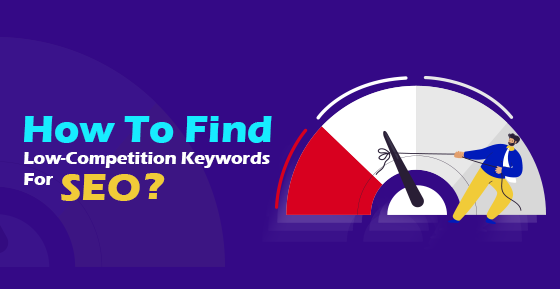
How To Find Low-Competition Keywords For SEO?
Cotgin Analytics |23-Sep-2024

10 Free Ways To Promote Your Business
Cotgin Analytics |19-Sep-2024

Top Digital Marketing Strategies For B2C Brands
Cotgin Analytics |17-Oct-2024

How To Increase Engagement On Instagram?
Cotgin Analytics |16-Sep-2024
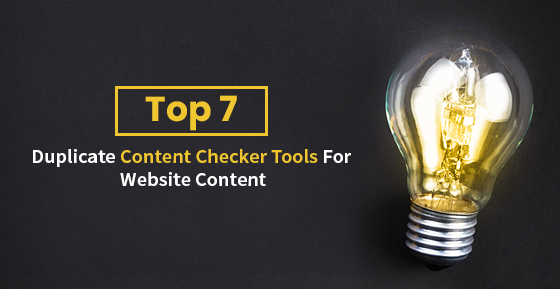
Top 7 Duplicate Content Checker Tools For Website Content
Cotgin Analytics |13-Sep-2024

10 Tips to Create A High-Performing PPC Campaign
Cotgin Analytics |09-Sep-2024

6 Digital Marketing Strategies For Startups
Cotgin Analytics |06-Sep-2024

What Is Core Web Vitals And How To Audit Them?
Cotgin Analytics |03-Sep-2024

List Of All Facebook Offices In India
Cotgin Analytics |22-Aug-2024

Digital Marketing Strategy For Manufacturing Companies
Cotgin Analytics |13-Nov-2024

What Is B2B SEO? And Tips To Build Your B2B SEO Strategy?
Cotgin Analytics |11-Nov-2024

Best Digital Marketing Strategies For Doctors
Cotgin Analytics |06-Nov-2024

Top 10 Digital Marketing Strategies For Travel Agencies In India
Cotgin Analytics |30-Aug-2024
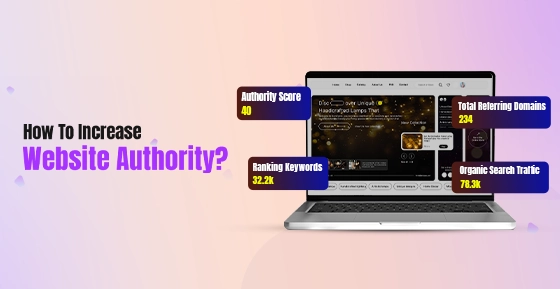
How To Increase Website Authority?
Cotgin Analytics |26-Aug-2024
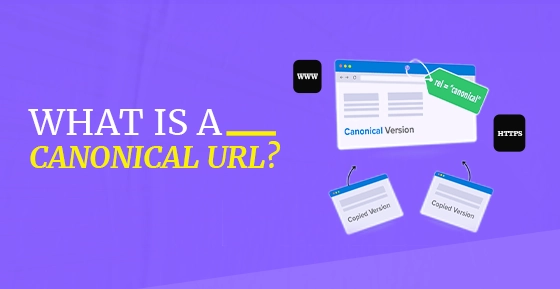
What Is A Canonical URL?
Cotgin Analytics |20-Aug-2024

Does Your Domain Name Affect Your SEO?
Cotgin Analytics |14-Aug-2024

10 Tips For Writing Headlines That Boost Your Click-Through Rate
Cotgin Analytics |12-Aug-2024
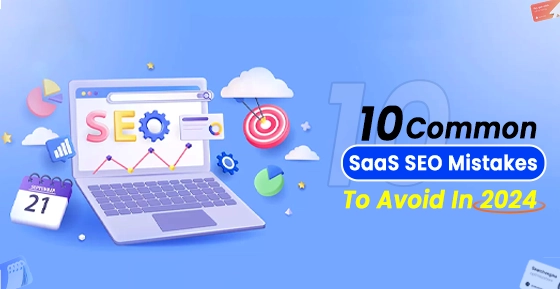
10 Common SaaS SEO Mistakes And How To Avoid Them In 2024
Cotgin Analytics |08-Aug-2024

How To Create 3D Social Media Images?
Cotgin Analytics |06-Jun-2024

What Is Spam Link And How To Avoid Spam Links On Your Website?
Cotgin Analytics |01-Aug-2024

How To Increase Organic Traffic On Your Website?
Cotgin Analytics |30-Jul-2024
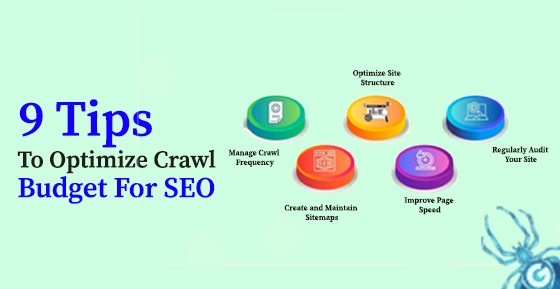
9 Tips To Optimize Crawl Budget For SEO
Cotgin Analytics |25-Jul-2024
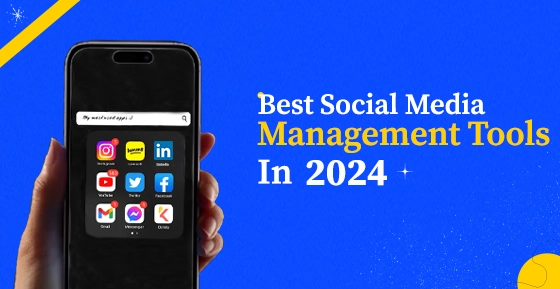
Best Social Media Management Tools In 2024
Cotgin Analytics |23-Jul-2024

How To Write High-Quality Content in 2024
Cotgin Analytics |15-Jul-2024

8 Proven Strategies For Conversion Rate Optimization
Cotgin Analytics |04-Jul-2024

8 Effective Social Media Marketing Strategies For Business Growth
Cotgin Analytics |26-Jun-2024

The Best e-Commerce Market Places for Business - Leading Platforms
Cotgin Analytics |18-Jun-2024

The Future of Blockchain Technology in Digital Marketing
Cotgin Analytics |11-Jun-2024

Different Types of Featured Snippets - A Shortcut to the Top of Google
Cotgin Analytics |04-Jun-2024

Future of SEO: Expect from Google's AI Updates
Cotgin Analytics |28-May-2024
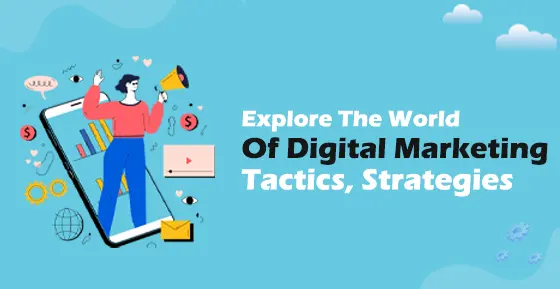
Exploring the Digital World - with the Help of Digital Marketing Strategy
Cotgin Analytics |21-May-2024

Instagram for Business - Grow Your Business and Drive Results
Cotgin Analytics |14-May-2024

Types of Mobile App Development Services - the Era of 5G
Cotgin Analytics |06-May-2024

Best AI Tools for Business Marketing and Success
Cotgin Analytics |29-Apr-2024
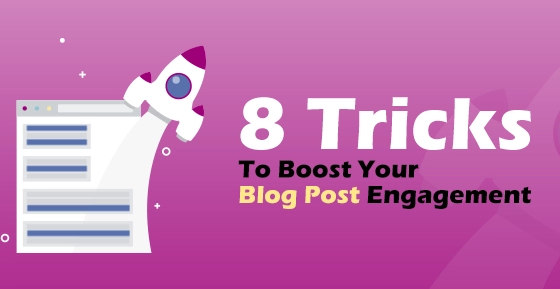
How To Increase Blog Engagement & Drive More Interaction?
Cotgin Analytics |08-Apr-2024
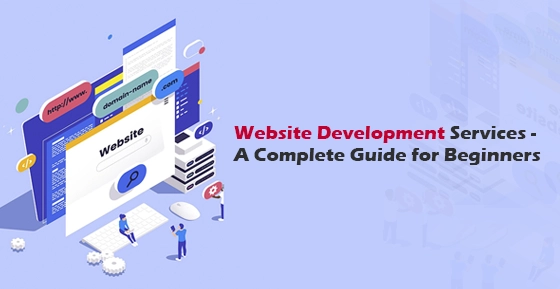
Website Development Services: A Comprehensive Guide
Cotgin Analytics |03-Apr-2024

7 Reasons Why Your Website Has A High Bounce Rate
Cotgin Analytics |01-Apr-2024

7 Ways To Increase Your Mobile App Downloads
Cotgin Analytics |28-Mar-2024
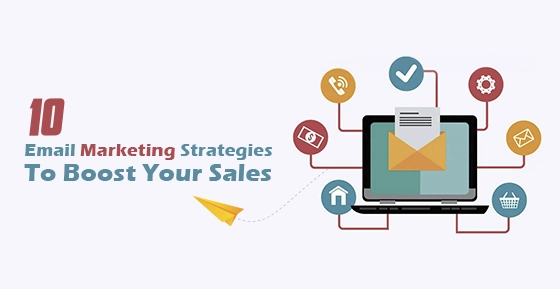
10 Email Marketing Strategies To Maximize Your Earnings In 2024
Cotgin Analytics |26-Mar-2024
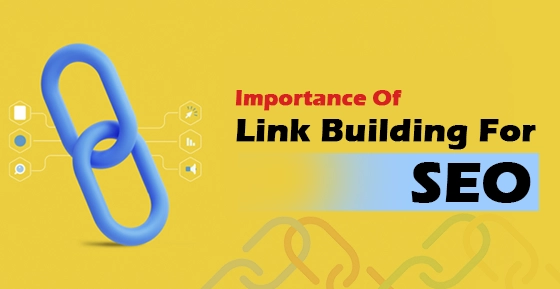
Importance of Link Building For the Success of your Website
Cotgin Analytics |22-Mar-2024

Useful ChatGPT Prompts To Create An Outstanding Mobile Application
Cotgin Analytics |21-Mar-2024
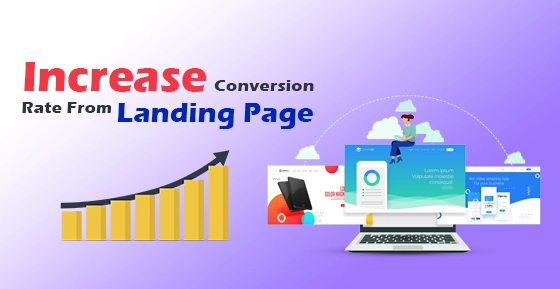
How To Increase Conversion Rate From Landing Page?
Cotgin Analytics |18-Mar-2024
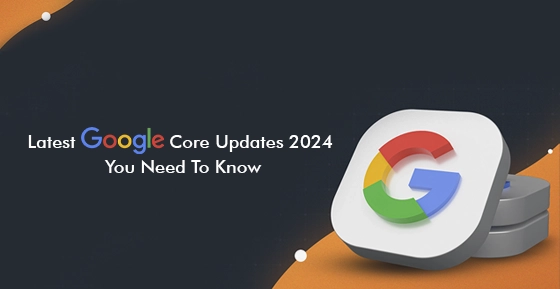
What Digital Marketing Company Should Know About Google’s Core Updates 2024?
Cotgin Analytics |15-Mar-2024

What To Keep In Mind While Redesigning A Website?
Cotgin Analytics |12-Mar-2024

Top 8 Video Marketing Strategies To Grow Your Business
Cotgin Analytics |08-Mar-2024

Why Business Need Omnichannel Strategy?
Cotgin Analytics |06-Mar-2024

Mastering In LinkedIn Advertising :Tips to Targeting B2B Audiences
Cotgin Analytics |04-Mar-2024

Web Development Technologies To Use In 2024
Cotgin Analytics |01-Mar-2024

Best Content Marketing Trends You Need To Know In 2024
Cotgin Analytics |28-Feb-2024

Emerging Digital Marketing Trends You Must Know
Cotgin Analytics |26-Feb-2024

Top Technologies For Metaverse Development
Cotgin Analytics |23-Feb-2024

Features You Must Consider In ECommerce Website
Cotgin Analytics |21-Feb-2024

Best 10 SEO Tools to Improve Ranking
Cotgin Analytics |15-Feb-2024
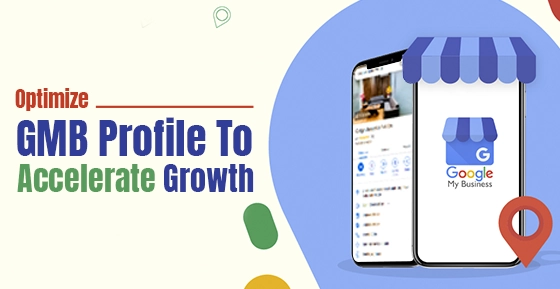
How To Optimize Google My Business Profile To Accelerate Growth?
Cotgin Analytics |14-Feb-2024

How Is SEO Different From PPC?
Cotgin Analytics |01-Feb-2024
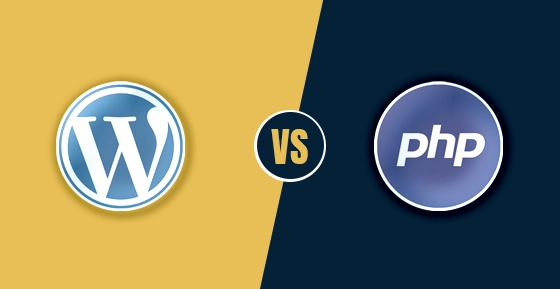
Which Is Better For Your Website Wordpress Or PHP?
Cotgin Analytics |19-Jan-2024

Best 9 Ways To Decrease Cost Per Leads In Google Ads Campaign
Cotgin Analytics |16-Jan-2024

Why Is E-Learning App Important For Education In 2024?
Cotgin Analytics |12-Jan-2024
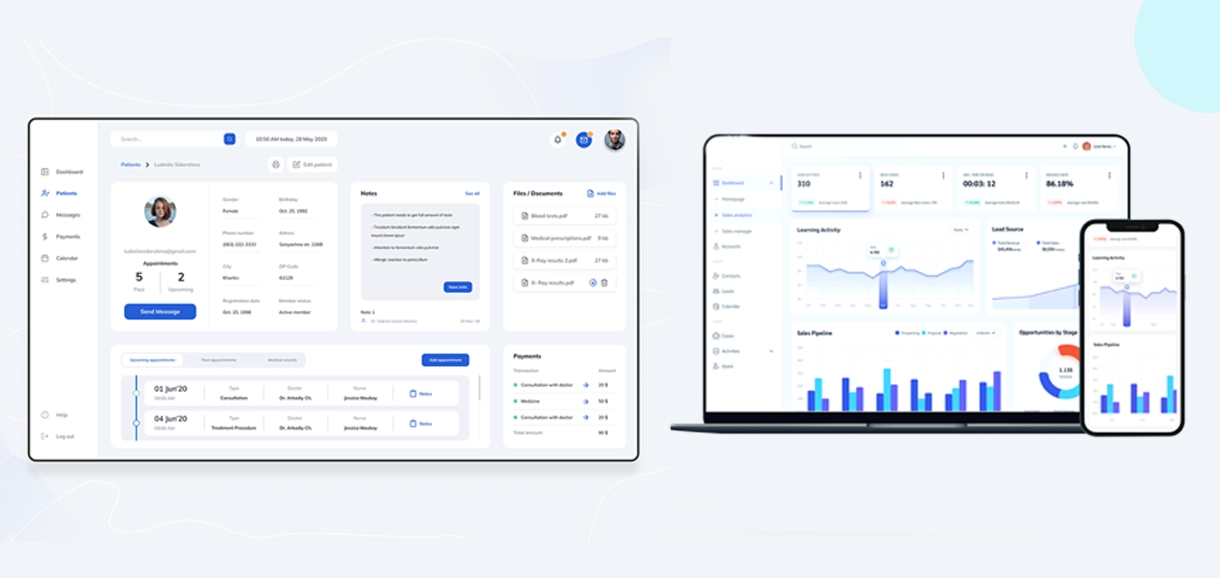
How CRM Can Help Your Business To Boost Sales?
Cotgin Analytics |11-Jan-2024

How To Choose Ecommerce Website Design Company For Online Store?
Cotgin Analytics |03-Dec-2023

Top Reasons Why Your Business Needs SEO
Cotgin Analytics |05-Nov-2024

How To Use Google Shopping Ads Effectively To Boost Your Sales?
Cotgin Analytics |09-Dec-2024

Top Ways To Increase Your Mobile App Downloads
Cotgin Analytics |18-Dec-2024

Why Do Companies Spend On Advertising?
Cotgin Analytics |26-Dec-2024

Optimizing H1 Tags For Better SEO Results
Cotgin Analytics |03-Jan-2025

Why Laravel Is The Key To Your Next Successful Web Project?
Cotgin Analytics |07-Jan-2025

Advantages Of WordPress Development In 2025
Cotgin Analytics |10-Jan-2025

What Is The Importance Of SEO For An E-commerce Website?
Cotgin Analytics |14-Jan-2025

What Is The Difference Between UI/UX Design And Web Design?
Cotgin Analytics |16-Jan-2025

Why Your Business Needs A Professional Logo Design?
Cotgin Analytics |20-Jan-2025

How To Become Great IN Content Writing?
Cotgin Analytics |23-Jan-2025

Digital Marketing Tips For Law Firms
Cotgin Analytics |29-Jan-2025

What Are The Benefits Of Laravel Development?
Cotgin Analytics |31-Jan-2025

Web Design Services: Your Gateway To Digital Success
Cotgin Analytics |04-Feb-2025

Transform Your Website With A Premier PHP Web Development Company In Delhi
Cotgin Analytics |07-Feb-2025

Top Google Ads Trends You Cannot Ignore In 2025
Cotgin Analytics |13-Feb-2025

What Is A Landing Page And How Would You Use It?
Cotgin Analytics |14-Feb-2025

Maximize Your Social Media Impact With SMO Techniques
Cotgin Analytics |19-Feb-2025
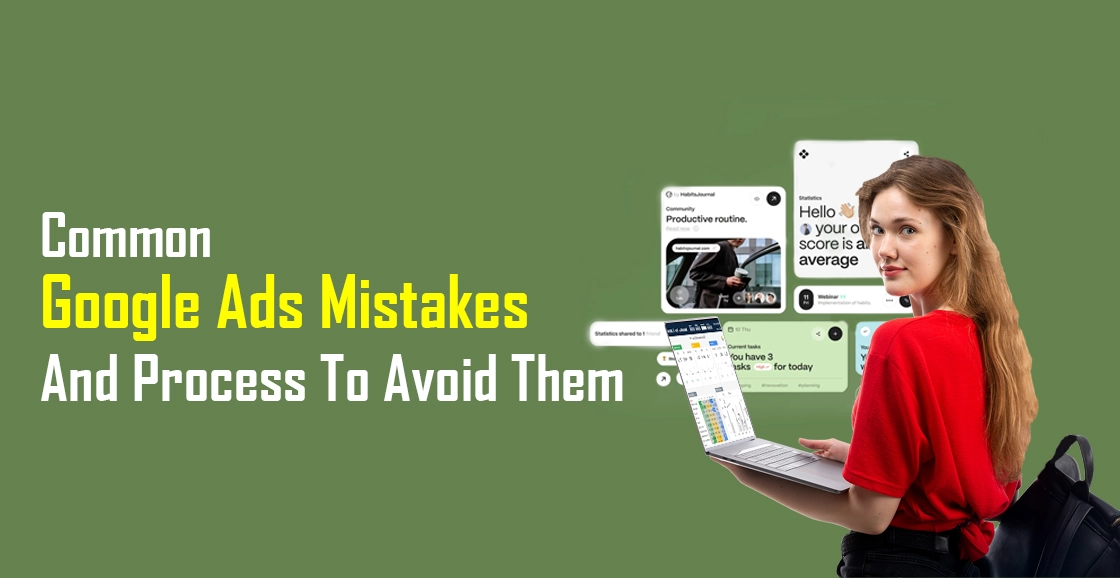
Common Google Ads Mistakes And Process To Avoid Them
Cotgin Analytics |24-Feb-2025

How To Improve Website Performance?
Cotgin Analytics |27-Feb-2025

How Content Writing Services Can Transform Your Online Presence?
Cotgin Analytics |03-Mar-2025

What Is The Main Purpose Of Chatbot?
Cotgin Analytics |10-Mar-2025

What Is Organic Traffic? & How To Drive It To Your Website?
Cotgin Analytics |12-Mar-2025
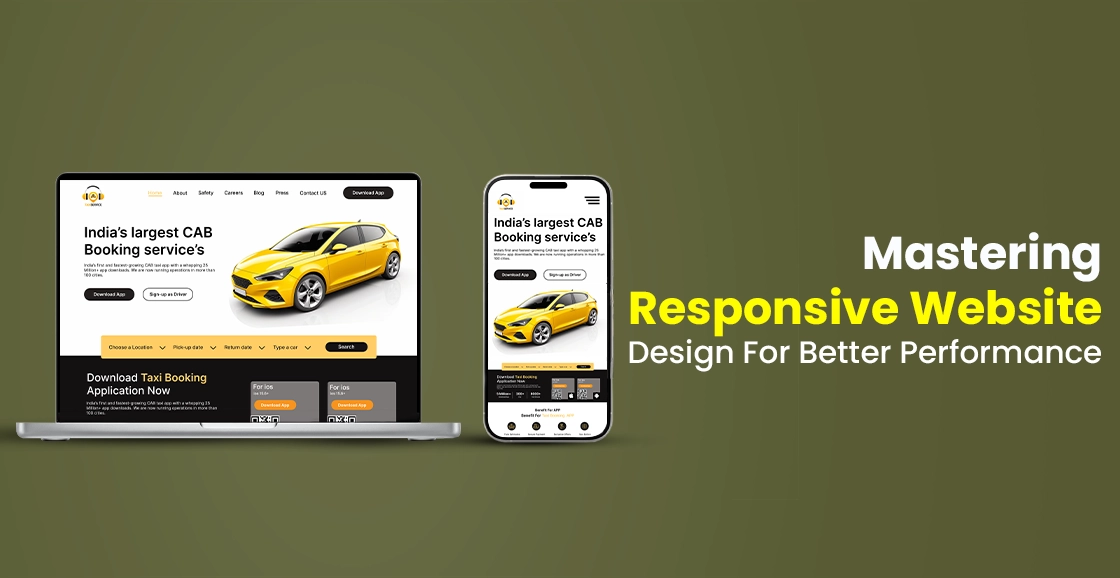
Mastering Responsive Website Design For Better Performance
Cotgin Analytics |17-Mar-2025

How A WordPress Development Agency Can Elevate Your Online Presence?
Cotgin Analytics |21-Mar-2025

Why Your Business Needs A UI/UX Design Agency In 2025?
Cotgin Analytics |24-Mar-2025

How An SEO Agency In Delhi Can Elevate Your Search Ranking?
Cotgin Analytics |27-Mar-2025

Innovative Logo Design Services In Delhi To Boost Your Business
Cotgin Analytics |31-Mar-2025

The Importance Of Regular Website Maintenance For Long-Term Growth
Cotgin Analytics |03-Apr-2025

Google Ads vs. Facebook Ads: What Works Best For Brand Growth?
Cotgin Analytics |08-Apr-2025

Boost User Engagement With Dynamic Website Designing In 2025
Cotgin Analytics |11-Apr-2025

Mobile-Friendly E-commerce Design: Why It Matters More Than Ever?
Cotgin Analytics |15-Apr-2025

Future-Proof Your Business With A Website Development Agency
Cotgin Analytics |18-Apr-2025
Brief us your requirements below, and let's connect.
